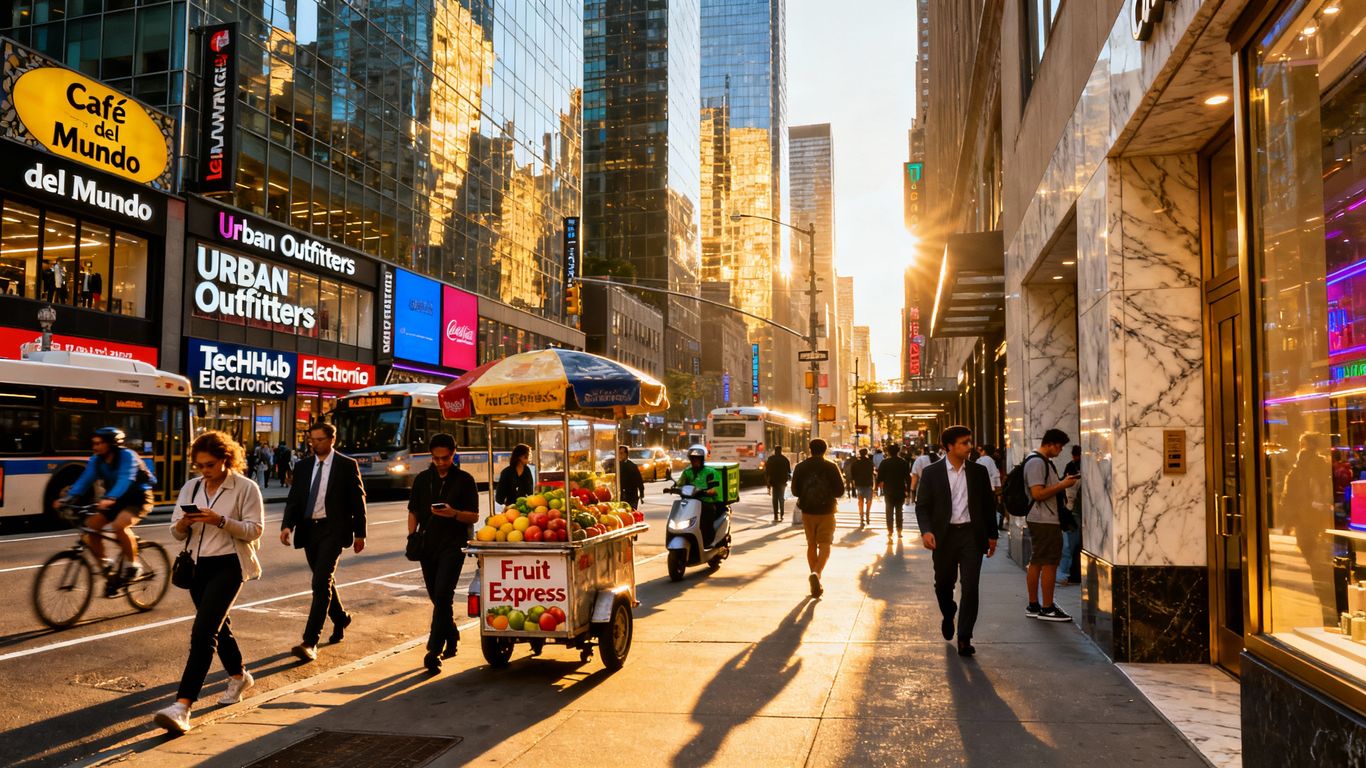
Metro Vancouver's retail sector is expected to maintain stable vacancy rates in the coming months, according to a recent report. Despite strong demand driven by anchor tenants, apparel, and quick-service restaurants, potential headwinds loom, including slower residential construction impacting new retail inventory and evolving consumer spending habits.
Commercial real estate firm CBRE's latest report indicates that demand for retail space across Metro Vancouver remains robust. Key sectors like anchor tenants, apparel, and quick-service restaurants are actively seeking locations. This sustained interest is a primary factor contributing to the expectation of stable vacancy rates.
While the current outlook is positive, the report highlights potential challenges that could affect the retail market. A slowdown in residential construction, which often includes mixed-use developments that provide new retail spaces, could constrain future inventory. This dependency on residential development means that any deceleration in housing projects could directly impact the availability of new retail spaces.
Furthermore, shifts in consumer spending, characterized by potentially tighter discretionary spending, might influence shopping behaviors. While people are still frequenting stores, the volume of purchases could be affected, with some consumers opting for online shopping or more focused in-store visits.
Several factors are currently supporting the Metro Vancouver retail market. Low vacancy rates, with shopping centers at 2.4% in the second quarter compared to a national average of 4.2%, create a competitive environment for new entrants and protect existing retail assets. The strength of suburban markets, along with growth in food and beverage, grocery, and athleisure sectors, also contributes positively. The closure of Hudson's Bay Co. stores is expected to open up significant space, presenting new opportunities for retailers.
From an investment standpoint, retail properties are seen as a defensive strategy. High land costs in Metro Vancouver make new retail developments challenging, thereby increasing the value of existing, well-occupied properties. Investors are drawn to the stability offered by retail assets, particularly those anchored by essential services like grocery stores and pharmacies, which are less susceptible to economic fluctuations. This stability, coupled with potential redevelopment opportunities, makes retail an attractive option compared to more volatile sectors like office and industrial real estate.